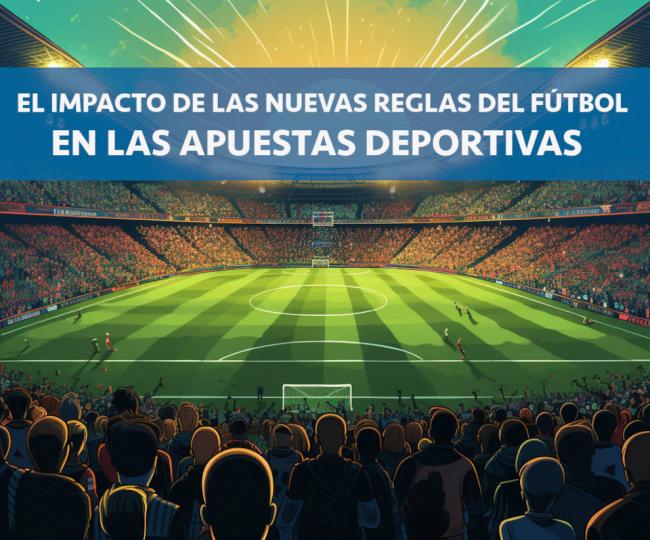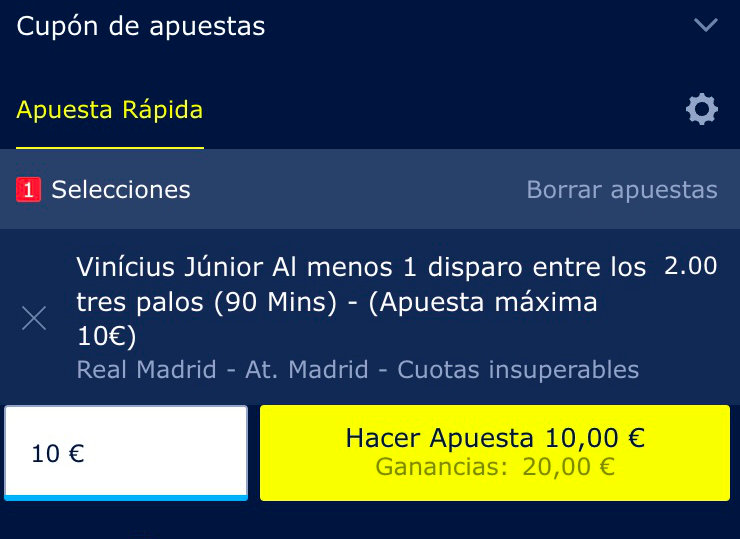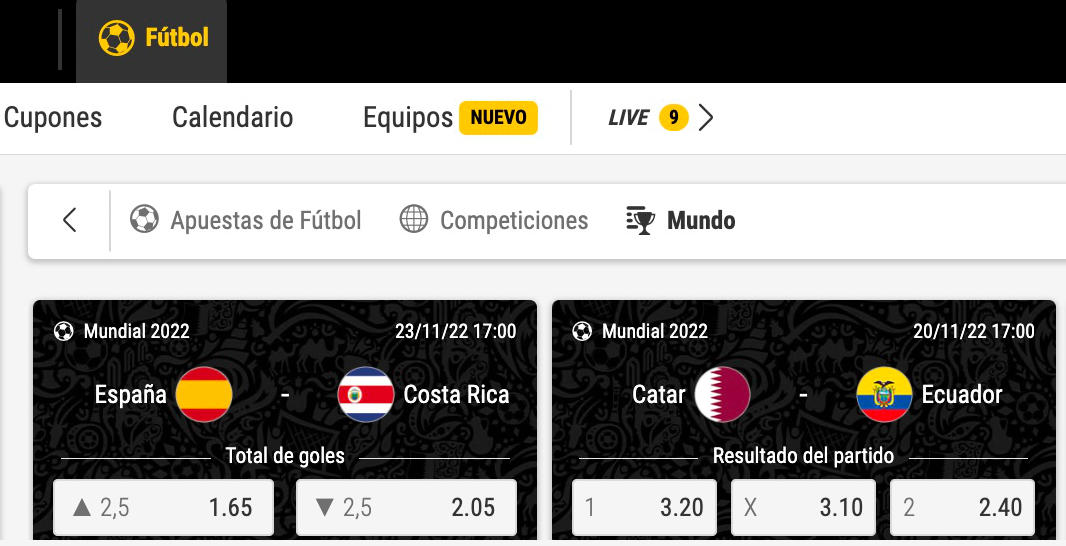With the aim of preventing - as happens with basketball - the last minutes of matches from being characterized by the suspension of live betting markets, the sports betting sector (operators and providers) is preparing for a new football season with new rules and changes in offside regulations and VAR.
Football, the king of sports, is constantly evolving. Each season, new rules appear that alter the dynamics of the game. Consequently, the sports betting industry is obliged to adapt, especially in its offer of live betting, which continues to represent more than half of its customers' betting volume.
In recent years, the Video Assistant Referee (VAR), modifications in the way unintentional handballs are penalized, or the introduction of timeouts when the temperature exceeds 32 degrees are some examples of how football is changing its face and, in the process, is causing operators and providers like Betradar, SBTech, and Betconstruct to adjust odds, markets, and other technical aspects to minimize inconveniences to bettors.
The problem of void or cancelled bets
The Video Assistant Referee (VAR), for example, has revolutionized the game, allowing for a more precise review of refereeing decisions. However, this technology has also created a new set of challenges for betting houses. VAR decisions can change the outcome of a match in a matter of seconds, which can lead to an increase in void or cancelled bets in live betting markets.
Operators have noticed an increase in customer complaints over the past two years. This reality is visible in forums and betting communities using terms like uncertainty or frustration.
Extra Time and Disciplinary Sanctions
On the other hand, new rules regarding unintentional handballs or the expulsion (or not) of a footballer who prevents a goal have added another layer of complexity. Before, a hand in the area was almost synonymous with a penalty. Now, with the new rules, the body position and intentionality are taken into account, which can lead to subjective interpretations and controversial decisions. This can affect real-time bets and match odds, which can result in losses for betting houses and customers.
Added time is synonymous with longer matches, specifically it is estimated that in the major European leagues the matches in the 2022-2023 season have lasted on average 7% longer than in the 2018-2019 season. This implies more goals, more action, and more time with live betting markets available. Something favorable at first glance for the operator. But as happens in basketball, in the face of so many changes at the level of rules and format, the solution for many providers and operators is usually to suspend the markets for much longer than in the past.
The trend observed in basketball for almost a decade, of suspending betting markets in the last two minutes of matches is justified precisely because it is at this time where most situations that can radically alter the odds are concentrated. A basket, a personal foul, or any disciplinary decision drastically affects the match.
As football continues to evolve, betting houses will have to find ways to keep up and adapt to this new landscape or run the risk of falling behind if they choose to reduce markets or suspend them. In such a competitive market, it is enough that an operator offers a better user experience in their live bets to greatly surpass their competitors.
Patience and Training
The simplest solution to these challenges may seem obvious, but it is essential: give betting houses time to adapt. As in any industry, change takes time and sports betting is no exception. Betting houses need time to understand how these new rules affect the game and, in turn, how they should adjust their live betting systems.
This, in the context of adapting to sports rules, is specified in two aspects: assuming possible errors and difficulties in the first matches of a competition or the first days of a league; and giving priority to employees, especially traders, who in sports betting also receive the name of "oddsmakers" and are those people who are responsible for setting the odds in betting houses.
Before an oddsmaker was a specialized job that required talent and continuous training. Now, with the rise of Big Data and the advanced use of statistics and data, it is a very automated process since the probabilities of the different results in a football match are determined almost instantly.
These professionals or software systems analyze a multitude of factors, from the form of the team to the weather conditions, to establish the odds that are then offered to bettors. And with the introduction of new rules, these employees face the task of recalibrating their models and adjusting the odds accordingly. This process can take several weeks, as they need to collect and analyze data from several matches to understand how these new rules are affecting the game.
An unwanted effect is that operators must - due to all these changes - eliminate or reduce live markets that open for betting in the next 5 minutes of the match. The well-known "instant" LIVE bets.
What to expect in the season that begins?
For this year, the greatest difficulty is going to be the heterogeneity in the rules applicable in the different competitions. A reality that has accompanied us for more than a decade when FIFA decided to apply new rules in the World Cups after having previously studied their viability in U-19 or U-20 competitions.
What we know a month before the start of LaLiga 2023-2024 is that in the Spanish competition (neither in the Copa del Rey nor the SuperCopa de España) the semi-automatic offside will be applied. It will be UEFA (European competitions) that will expand the VAR and use this successful system that speeds up matches and decision-making as was proven in the Qatar 2022 World Cup.
The Royal Spanish Football Federation (RFEF) has not been able to continue with the contest that sought a company to take charge of this system. The reason, the judicialization of the contest since MediaPro had denounced the RFEF for the advantage that was understood to be given to the company HawkEye, the current provider of video refereeing services.
So in addition to small changes in disciplinary rules (such as the sanction to goalkeepers who distract footballers before taking a penalty) or when assessing unintentional hands inside the area, the most important thing is that while in Spain we will continue the same, in Europe the implementation of video refereeing will be expanded to all its matches in the Champions League, including the preliminary rounds that are played in July and August.
18+ | Juegoseguro.es – Jugarbien.es





